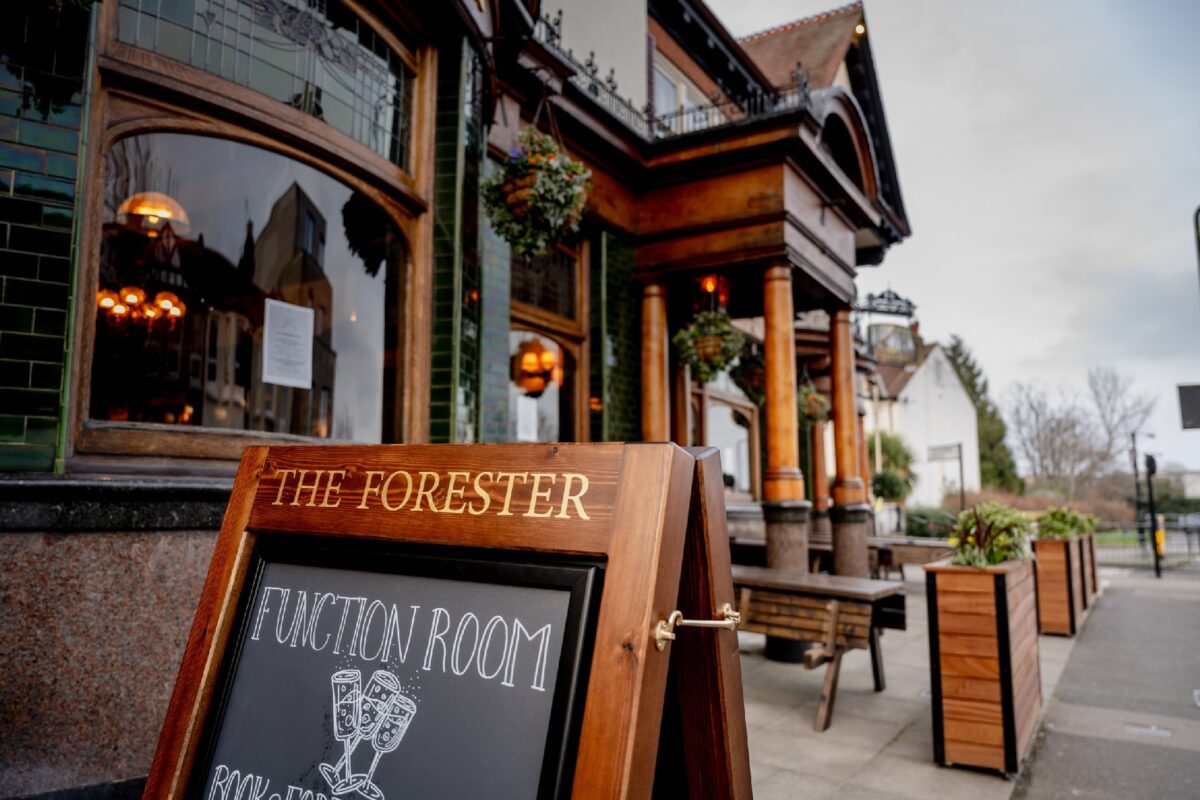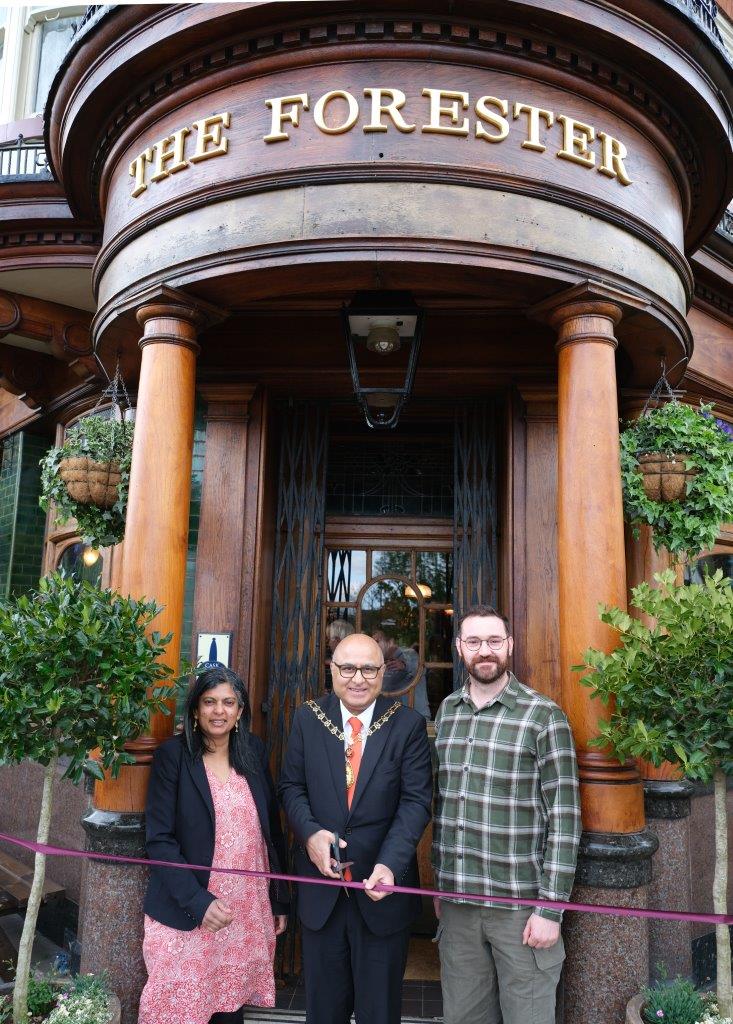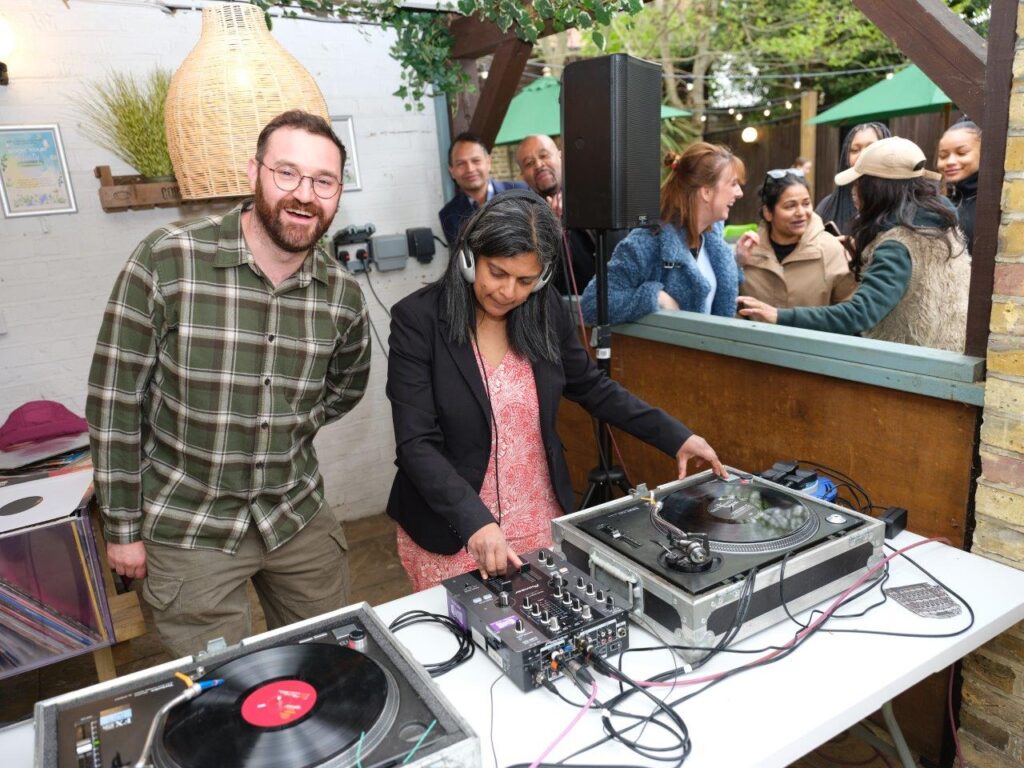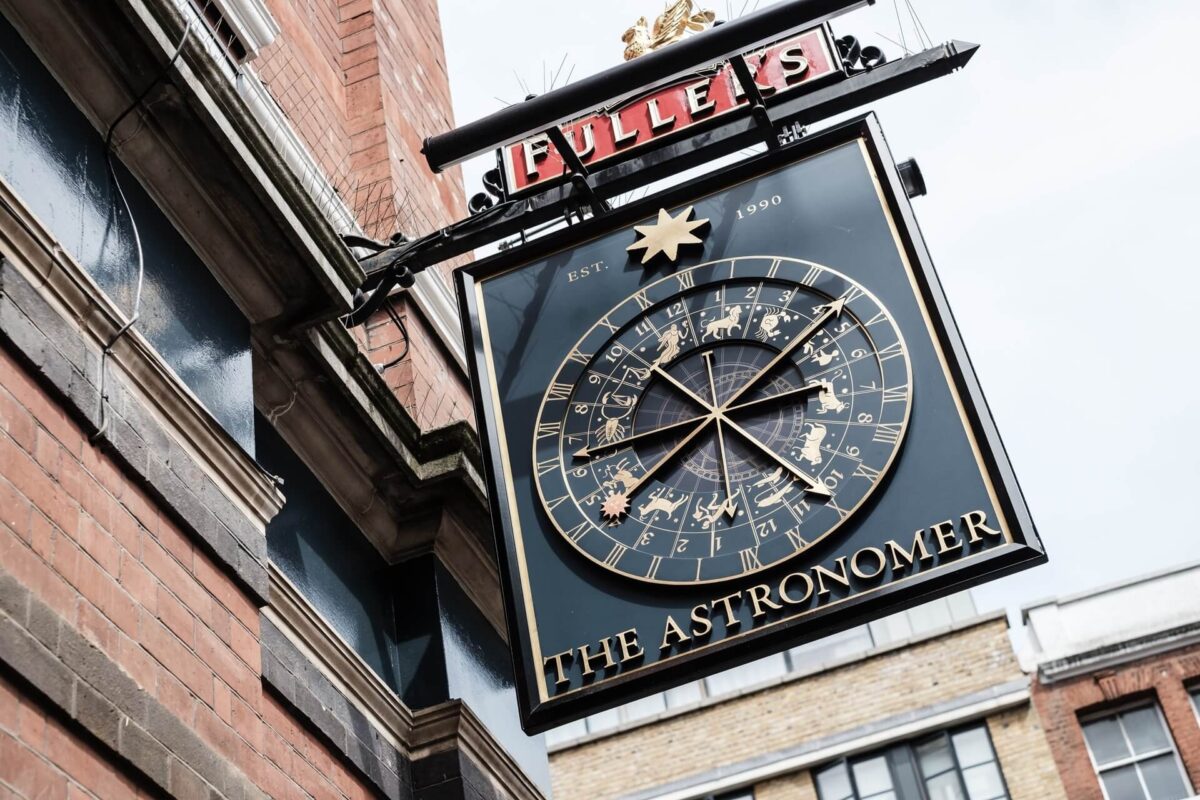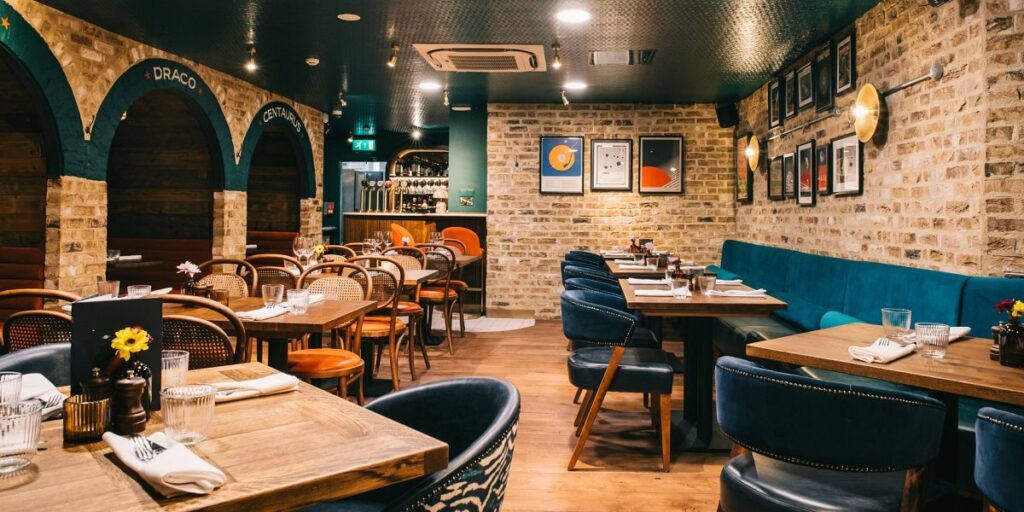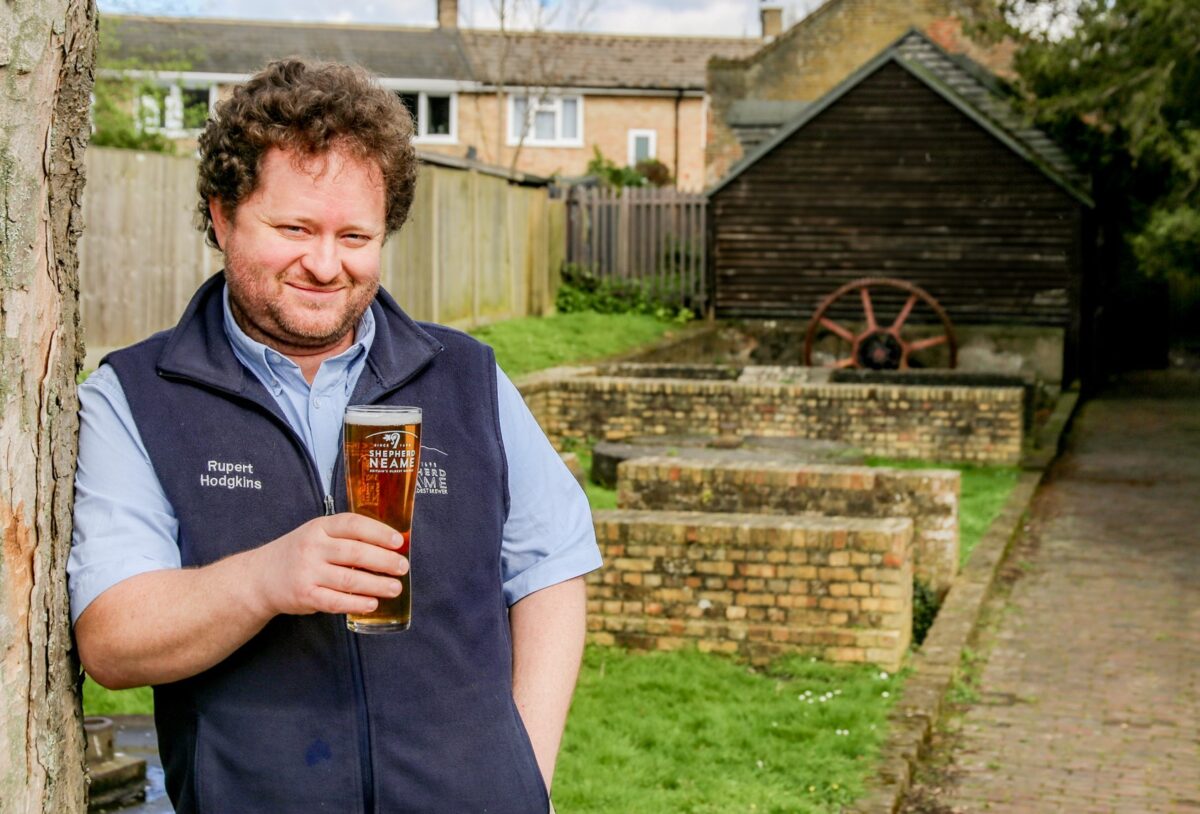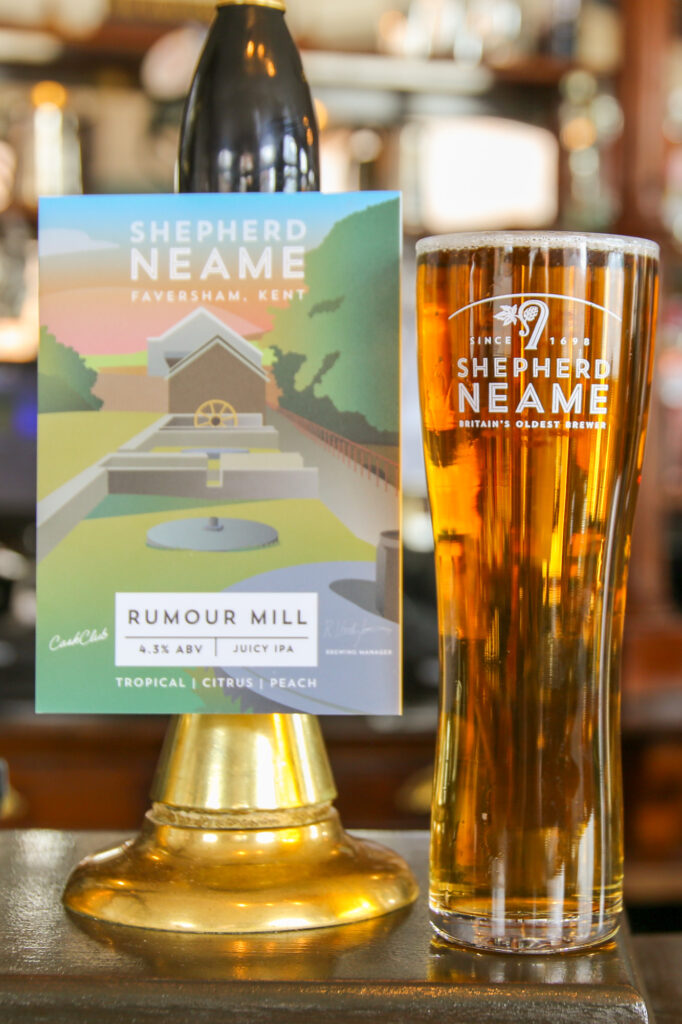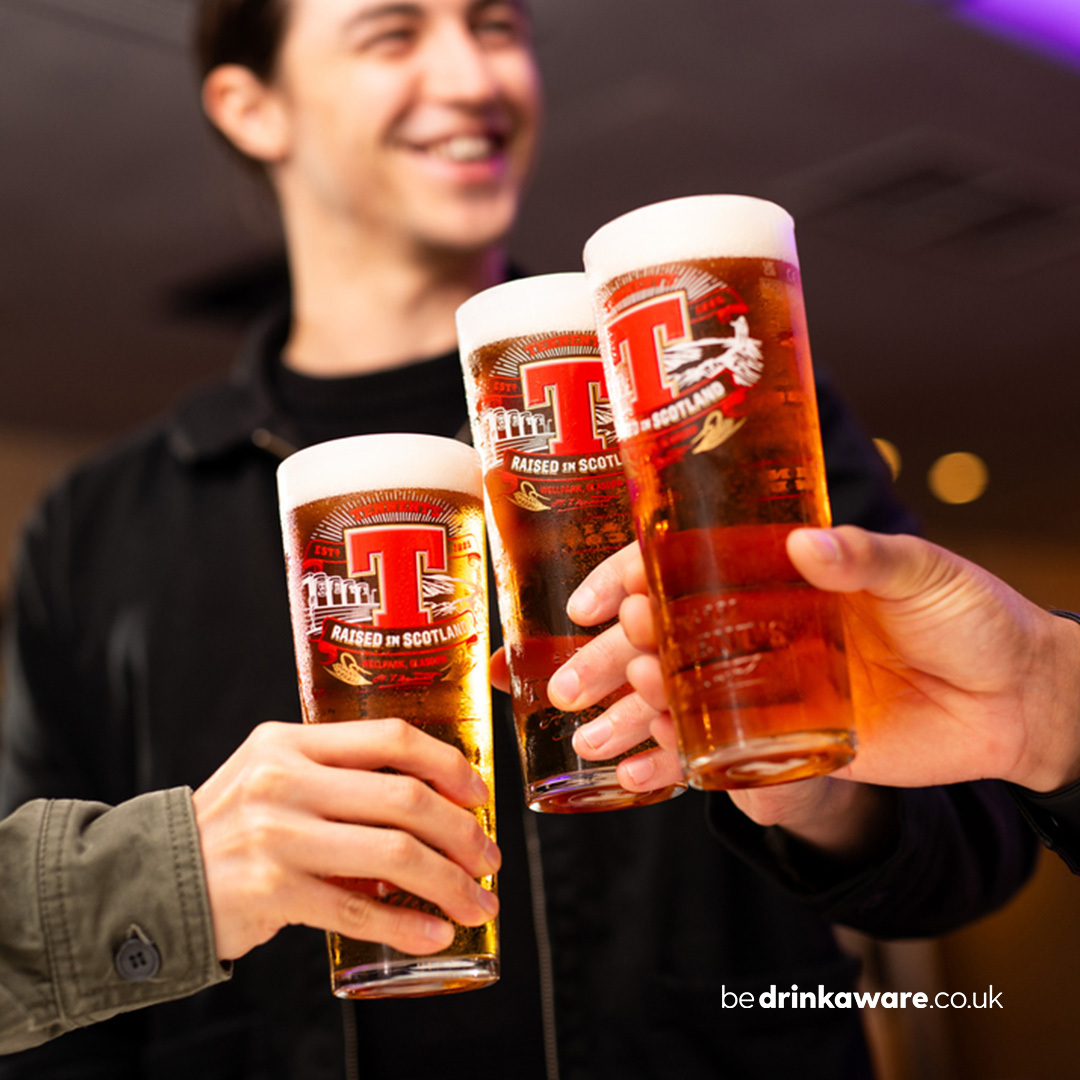The Old Course Hotel, Golf Resort & Spa in St Andrews has announced the reopening of its beloved Jigger Inn following significant renovations.
Golf’s most famous pub has been thoughtfully refurbished whilst maintaining its authentic charm and now features a refreshed menu designed by the resort’s newly appointed Executive Chef Coalin Finn. This comes as part of broader food and beverage enhancements across the resort.
Dating back to the 1850s, when it was a stationmaster’s lodge, The Jigger Inn has undergone a series of updates, including an interior décor refresh whilst maintaining key original features.
Other improvements include an expanded kitchen to allow enhanced menu offerings and improved service, plus a refreshed beer garden, updated accessible restrooms, a new path connecting to St Andrews’ main walkway and landscaping to the gardens.
In addition to the revamped menu, guests can also enjoy an extensive selection of drinks, including Scottish whiskies and local ales, including the pub’s own Jigger Ale.


